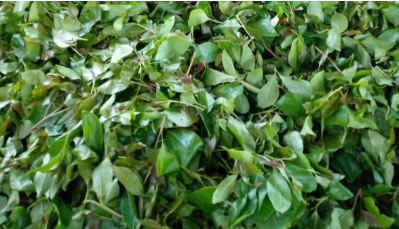Muguka and miraa traders in Kwale County are encountering significant challenges due to the newly passed 2024/25 Finance Bill, which imposes heavy taxes on these leafy stimulants. Governor Fatuma Achani approved the bill, which includes strict regulations on the sale and consumption of the stimulants, commonly grown in Embu and Meru counties.
Kwale County Director of Communication Nicky Gitonga stated that the primary goal of these measures is to protect the health and well-being of the county’s youth.
“Lowering taxes can lead to increased consumption of harmful substances, which could have detrimental effects on the health of younger generations. It’s crucial to maintain these taxes to ensure that youths receive proper education and awareness about the risks associated with substance abuse,” Gitonga said on behalf of Governor Achani.
Kwale County has significantly increased levies on muguka and miraa traders by over 100 percent, according to the newly enacted 2024/25 Finance Bill. Traders must now pay Ksh.50,000 for a license to sell muguka and miraa, a substantial increase from the previous Ksh.10,000.
Additionally, transporters face higher fees, with motorcycle transport fees rising from Ksh.3,000 to Ksh.30,000 and lorry fees increasing to Ksh.300,000 for 15-tonne vehicles.
County authorities, in collaboration with the County Assembly and County Attorney Salim Gombeni, will implement further regulations to restrict the sale and distribution of these stimulants. The sale of muguka will be banned near schools, religious spaces, and local markets, with designated areas and specific pickup points established for the trade. These new regulations will be enforced starting Monday.
Kwale joins other coastal counties such as Mombasa, Kilifi, Lamu, and Tana River in their efforts to regulate muguka and miraa. Despite court orders overturning similar bans, Mombasa and Kilifi have prohibited the sale of these stimulants. The national government has criticized the bans, stating that muguka and miraa are legal in Kenya, and the bans have sparked opposition from the growing counties of Embu and Meru.



